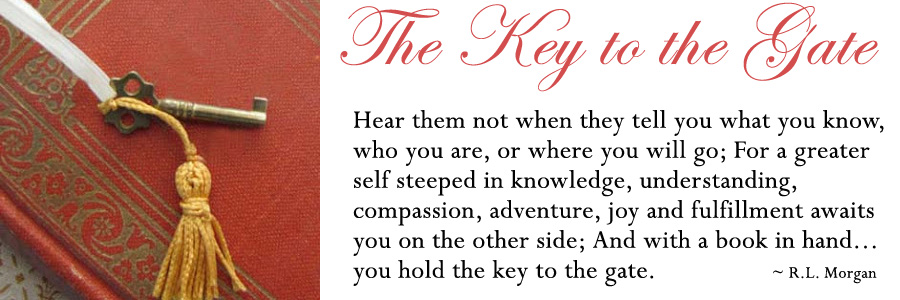A Discussion with Batya Casper,
The conflicts the characters in the book encounter are clearly ones that you are extremely knowledgeable and familiar with but was there anything surprising you learned about Israel's history or yourself while writing Israela?Casper:
Yes. I’d originally conceived of this project as a work of non-fiction. I wanted to trace the history of modern Israel for myself so I could more clearly see how Israel had arrived at her present situation. However, as I wrote, fictional characters and imaginary situations kept popping into my mind - as it were, of their own volition. I realized that for me to paint a broad canvas, it was best to depict the details, everyday, authentic actions and emotions of what I now like to refer to as virtually correct fictional characters.
My second surprise was Israela herself. I wrote the entire book with another title in mind, knowing that it was not the title I really wanted. The morning after I had completed the book, when I was really finished with it, I woke with the word “Israela” in my head, and I knew she was the title. More, the moment I chose “Israela” as my title, I felt a compulsion to write. Israela wrote herself into her own sections, providing the sense of time, antiquity – and the sense of some other element – that I had wanted all along.
What would a typical writing day look like for you? Do you prefer to write during a certain time of day? Do you write in long-hand or via your computer? Where do you generally write?
Casper:
I am a compulsive writer. Either I have nothing to say, in which case I can stand on my head and worship all the gods at once, but nothing will come to me.
Or, I have something I want to say, in which case I am like the proverbial dog with a bone. I write for long stretches - up to nine to ten hours at a time. I prefer to sit at my computer, at my desk, in solitude. Early mornings are my best time to start writing.
It was refreshing to read a novel with such strong female leads. Did you always envision the story through the eyes of Orit, Ratiba and Elisheva or did one take on a larger role than you originally planned as the story unraveled?
Yes. I started out with a single character – Elisheva. She soon split off into herself and Orit – two very different characters. Before long, Ruti/Ratiba emerged. I worked the hardest on her because I knew her the least. To my great surprise, she is now recognized at Israela’s main character.
What books would you recommend others to read?
Casper:
Reading is such a personal undertaking, as personal as the clothes we wear, or the homes we live in. My taste is quite traditional, I think.
I love Khaled Hosseini’s A Thousand Splendid Suns; Gabriel Garcia’s One Hundred Years of Solitude; A.B. Yehoshua – both his Mr. Mani and his A Journey To The End of The Millenium. I adored Nicole Krauss’ The History of Love. I love all of Barbara Kingsolver’s books, especially The Poisonwood Bible; Flauber’s Madame Bovary (of course,) Dostoevsky’s the Last of the Just, which I read as a young girl and which has stayed with me ever since. I have been most influenced by the great Russian writers, and by the Bible. I consider the Book of Kings, with the stories of Kind Saul and David to be among the finest literature ever written.
The Israeli/Palestinian conflict is a very complicated issue and it can be difficult as an outsider to follow the issues through the media. What is your hope that readers take away from "Israela"?
Casper:
I hope they gain a sense of Israel’s humanity, of life in Israel as a constant balancing act between its complex social structure, its complicated, contradictory histories and cultures, and the rigors and joys of everyday existence. More than anything, I want my readers to come away with a sense of the temerity, the incredible earnestness with which people there – all peace-loving people there – struggle with issues; face their problems, make their decisions and face the consequences of those decisions, conscious at every moment that each decision made will affect their lives, their well-being, and those of their neighbors. I want my readers to know that life in Israel is way more - more beautiful, more joyous and more tragic than the ever present Arab/Israeli conflict depicted by the media.
About the Author
From www.israelathebook.com
Batya Casper, Ph.D, is a director and teacher of theater, trained to manipulate conflict for dramatic effect. "What a glib endeavor compared to the blood and tears of real life," she says. Casper has lived in Israel intermittently since early childhood. She has watched friends and family struggle, question, sacrifice their children.
She has lived in numerous countries, including England, Scotland, South Africa, Israel and the United States, and brings a worldly perspective to her writings. Batya is a director and actress. She also teaches theater. She directed several plays in Israel, including Chekhov’s The Cherry Orchard and Athol Fugard’s Playground, both mentioned in her new book. She earned a BA in English literature, and has a Masters and a Ph.D. in theater Arts from UCLA.
Batya moved to Israel in 1956 – just eight years after the State of Israel was formed. She has lived there intermittently since early childhood. Batya taught Hebrew literature and biblical studies at an adult education center in St. Louis and she taught Hebrew to adults in Boston. She also worked as an Assistant to the Cultural Attache of Israel in Boston, as the coordinator of educational programs for exchange students between U.S. and Israel.
Happy Reading!
Rebecca







